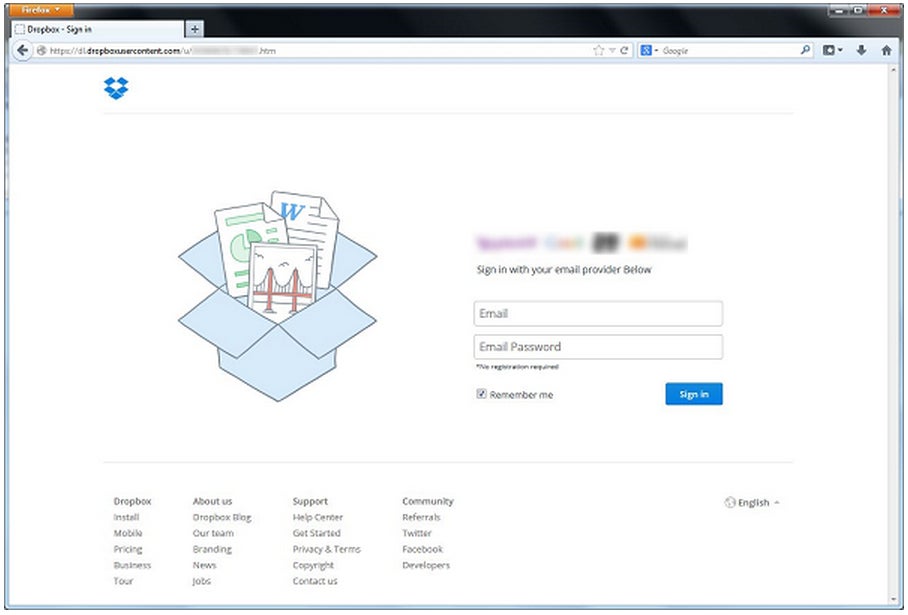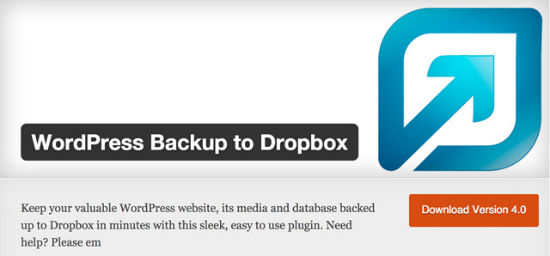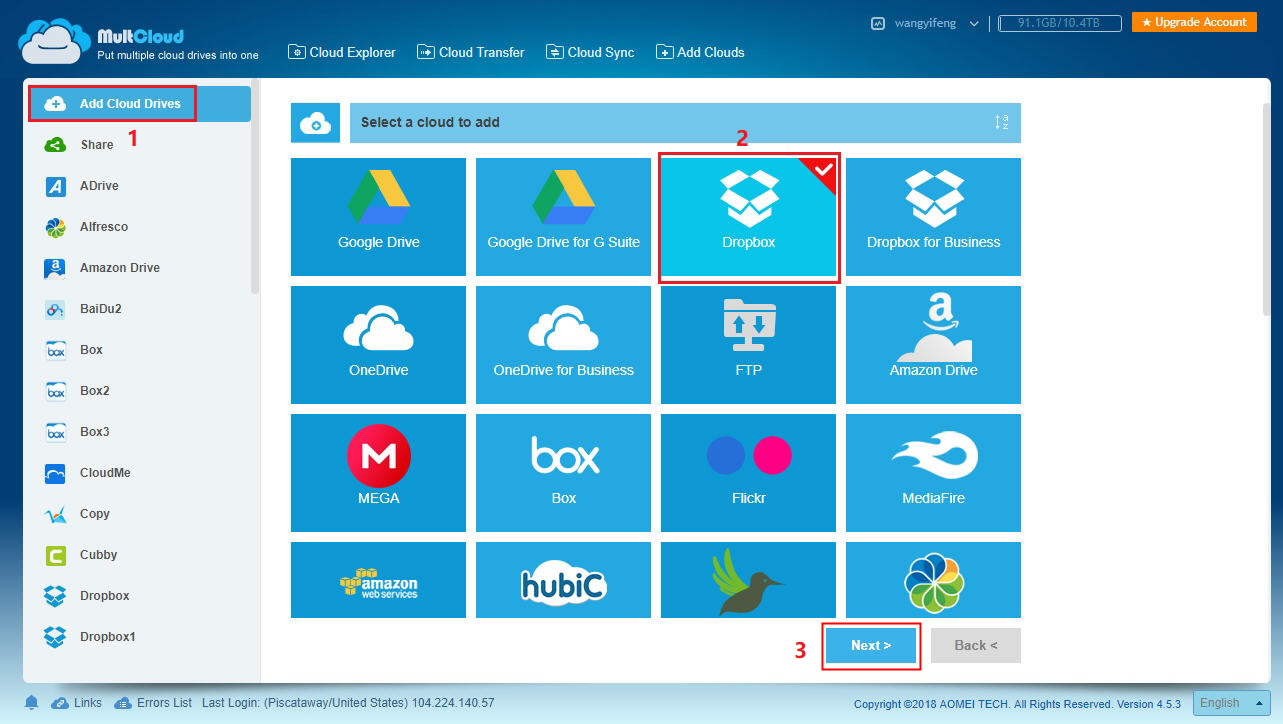

We all (hopefully) trust our HR team, especially when it comes to receiving highly important emails relating to company-wide or personal updates. Beware, they also contain legitimate-looking fine print. Again, this scam tries to enforce panic mode into its victims, often with a “There’s a problem with your account, please click here to fix it” kind of message. These emails often include the PayPal logo, plus a convincing chunk of fine print at the bottom of the email. As well as its high volume of accounts, PayPal offers fraudsters the chance to take advantage of a platform linked directly to your credit card or bank account. With around 200 million users, PayPal is an incredibly lucrative tool for a cyber criminal.

Once an account has been selected, you’re then invited to grant access to your Google account, meaning the attacker has free rein.

This ultra-sophisticated email encourages you to click on its link in order to view a ‘document’, which then takes you to an almost identical version of Gmail’s login page. One of the most recent high-profile phishing techniques, the Google Docs scam offers an extra sinister twist as the sender can often appear to be someone you know. Not only will you not receive a dime from this kindly Prince, you will also see a chunk of your money go in the opposite direction. In the email, the scammer will offer you a large sum of money in exchange for your bank details. But don’t be fooled, this scam has been around for a while, and there’s a good reason - it works. Perhaps receiving an email from a foreign begging for your help in recovering a trapped chunk of money is a laughable excuse of an elaborate story. A useful tip is to hover over the link itself when being asked to give personal details - as the text itself often doesn’t represent the true destination of the link. There’s no stand-out grammatical errors, no elaborate requests, and the link itself would appear to direct to a safe “https” web page to an unsuspecting user. Email Account Upgrade Scamįaced with having your account expire unless immediate action is taken, the email account upgrade scam can appear to come from trusted email providers like Microsoft and Google, or simply from your company’s IT department.Īs you can see, nothing harmful stands out from this email. Like many phishing attacks, this scam relies on fear and urgency, pressuring an end user to submit a payment for goods or services they’ve never even ordered or received.įinance departments are the obvious targets for this sort of attack, although there are plenty of potential victims that could be duped. Let’s start with arguably the most popular phishing template out there - the fake invoice technique. Here, we’ve given examples of some of the most popular and most successful phishing emails out there. Not only are employee phishing scams increasing in numbers - they’re increasing in sophistication.


 0 kommentar(er)
0 kommentar(er)
